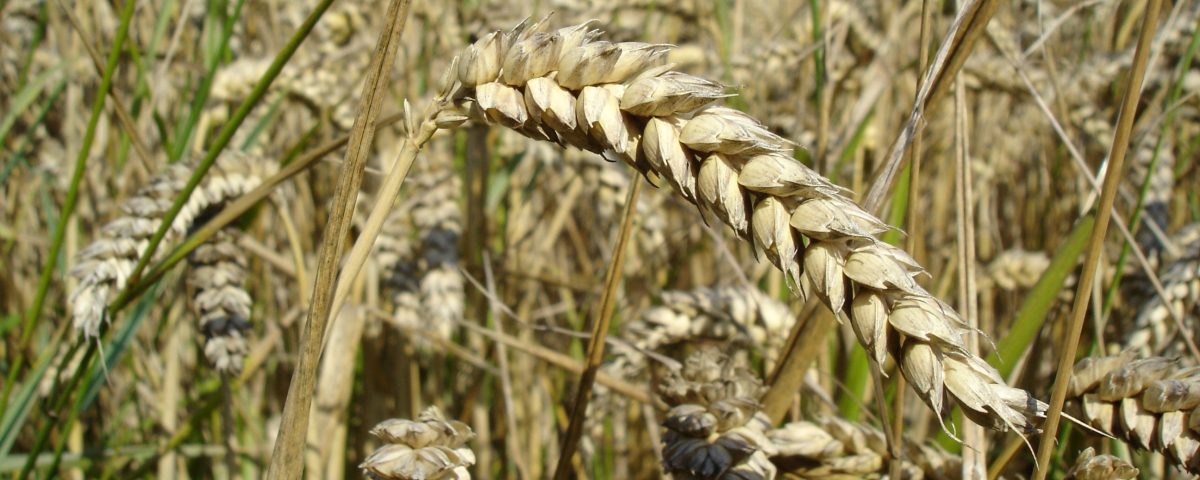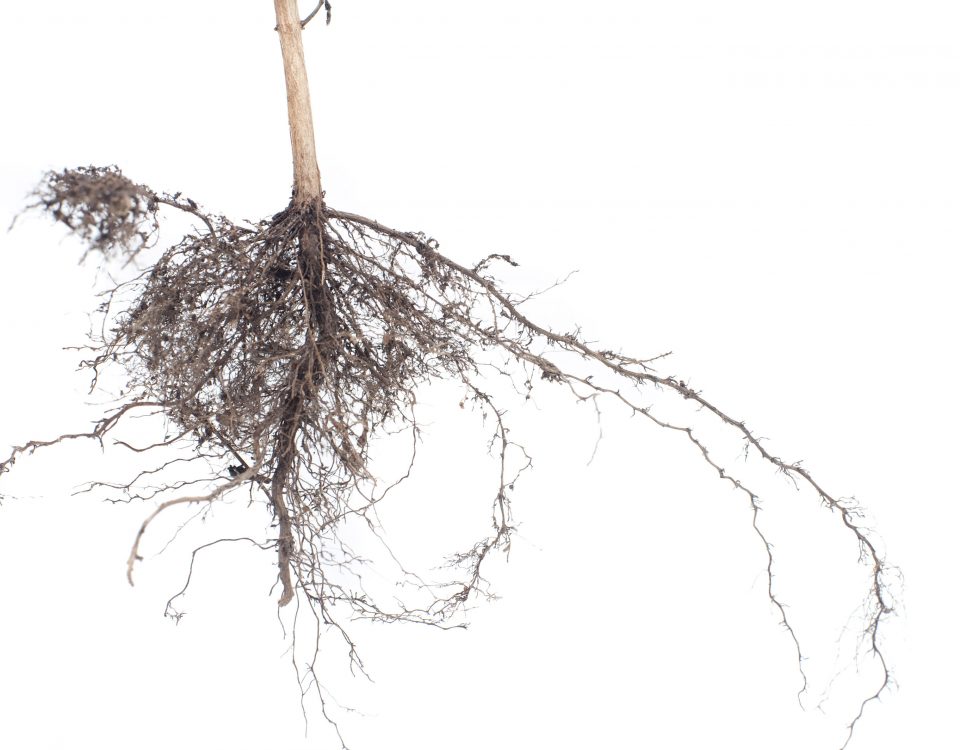- Have any questions?
- 325-261-3910
- collinsreports@gmail.com
Referendum could protect against ‘Elevator Man’ swindles

Business partner of mayoral candidate convicted again for DWI
November 1, 2016
The runaround, the spokesman
January 28, 2017Referendum could protect against ‘Elevator Man’ swindles

This story originally appeared in the Times Record News in Wichita Falls, Texas.
The victims of Bobby Johnson — the infamous North Texas swindler of grain elevator fame — likely understand the benefit of entering into grain insurance programs.
But with a state insurance referendum on the horizon, it’s still unclear whether farmers will vote for more protections against grain elevator failures. Wheat crops specifically are selling more than $2 below the cost of production, and cash-strapped farmers may err on the side of riskier business deals to avoid an additional insurance fee.
“I hear talk on both sides of (the referendum). I think it’s very divided right now,” said Barry Mahler, Wichita County commissioner and farmer. “It will have a difficult time passing.”
Mahler recalled one the best known agricultural swindles in Texas history, in which grain buyer Johnson promised to buy substantial volumes of crops from North Texas farmers, but then sold the grain to make a land purchase in Benjamin.
Johnson overextended his investment and ran out of money. Many farmers who trusted Johnson to store their grain were never paid, and those who did receive money only got pennies on the dollar. Johnson tried to fake his own death in Mexico, and for a time, was successful.
After he was caught and jailed, Midwestern State University professor Jim Hoggard chronicled Johnson’s life in the book “Elevator Man.”
“When you’ve got your entire year’s work tied up in the elevator, it could be devastating,” said Mahler, whose family was one of those conned by Johnson.
When farmers sell their crop — in many cases to buyers with the ability to store grain in large silos — they generally don’t get paid right away. The payment is deferred, and between the time of sale and the time of payment, a grain buyer can go out of business because bankruptcy, legal trouble or other reasons.
In such cases, farmers may not be reimbursed for the value of the siloed crop.
The proposed crop insurance program would require producers of wheat, corn, soybeans and sorghum to pay an additional 0.02 percent of their grain value to elevators, which then would send the money to the state.
Though grain elevator bankruptcies are uncommon, they do occur. Reporting on the failures appears to be sparse, but at least one elevator in Sherman went belly-up in 2009.
In 2011, Gov. Rick Perry initially signed the bill allowing the referendum to take place. A year later, farmers voted the measure down, in part because of misinformation about the measure, a North Texas wheat farmer who sits on the referendum’s board said.
Only farmers who have produced grain in the past three years may cast a vote on the measure, which is not listed on the general election ballot in November. Voting can be done at county AgriLife extension offices or by mail. The referendum will be conducted Dec. 5-9.


